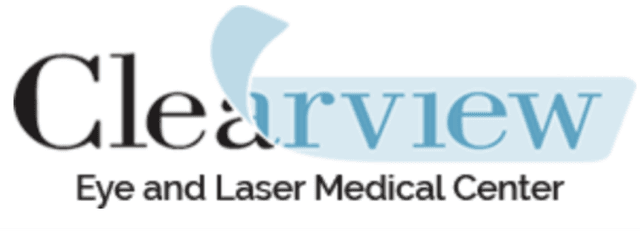
These days, it’s easier than ever to wear and care for contact lenses. Nonetheless, a recent report by the Centers for Disease Control and Prevention (CDC) reveals that 99 percent of contact lens wearers have succumbed at some point to the temptation of sub-par hygiene and care - bad habits that can lead to a painful eye infection and possibly even long-term vision damage.
Sandy T. Feldman, a highly regarded ophthalmologist and the Medical Director of Clearview Eye & Laser Medical Center in San Diego, is not surprised by the CDC’s latest findings.
“I’ve probably seen it all over the years. Lenses that aren’t cleaned properly. Dirty lens cases. Reusing the same solution over and over. Sleeping with contacts, swimming with contacts, wearing disposable lenses far longer than they’re meant to be used. Any one of these things can put the health of the eyes at risk,” Dr. Feldman said.
The CDC report reveals that most contact lens wearers have been guilty of some form or another of questionable lens hygiene. Nearly one-third of the 1,000 lens wearers surveyed experienced a red or painful eye that required a visit to a doctor’s office. It’s estimated that more than 40 million people in the U.S. wear contacts.
Dr. Feldman offers some simple tips for caring for contact lenses:
“Contact lenses are a great option for people who want freedom from glasses. However, it’s important to take good care of your contacts to avoid irritated eyes or an infection,” Dr. Feldman cautions. “It’s all too easy to cut corners to save some time, but that can really have a negative impact on the health of your eyes.”
Sandy T. Feldman, MD is the Medical Director of Clearview Eye & Laser Medical Center - voted best LASIK center in San Diego by CityBeat Magazine in 2013 -and has successfully performed more than 20,000 refractive procedures. Her numerous awards include “Top Doc San Diego” and the Goldline Award, an honor granted to only 10 laser eye care providers in the U.S. each year, and she has been profiled in Forbes, Newsweek, and other respected publications. Dr. Feldman is a fellow of the prestigious American College of Ophthalmic Surgeons, as well as a member of the American Academy of Ophthalmology and the American Society of Cataract and Refractive Surgery. For more information, please visit clearvieweyes.com.

Call Us: (858) 452-3937
8:30AM - 7:00 PM - Monday through Saturday (Saturday until 11:30AM)